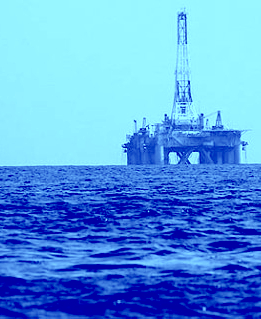Woodside seeks change
 Woodside Energy wants the offshore approval system reformed, saying the current system is putting a major project at risk.
Woodside Energy wants the offshore approval system reformed, saying the current system is putting a major project at risk.
Woodside Energy's CEO, Meg O'Neill, has called for “urgent” reforms in Australia's offshore approvals process, raising concerns about potential delays and increased costs for the AU$16.5 billion Scarborough LNG project in Western Australia.
While Woodside reported a 6 per cent increase in quarterly revenue to US$3.26 billion, boosted by higher production, both production and revenue were lower than the same period in 2022 due to decreased gas prices.
Woodside has also narrowed its production guidance for 2023 but raised the mid-point of guidance slightly. Shares in the company rose 2.2 per cent in response to the quarterly results.
O'Neill has cited “strong” progress in various projects during the quarter, with the Shenzi North venture in the US Gulf of Mexico starting ahead of schedule.
However, she expressed concerns about the Federal Court ruling in September that invalidated an approval for seismic testing for the Scarborough project, saying there is a need for reform in Australia's offshore approvals process.
The project involves offshore field development and expansion of the Pluto LNG plant, supported by Japan's Sojitz Corporation, Sumitomo Corporation, and Global Infrastructure Partners.
Furthermore, Woodside has postponed a final investment decision for the H2OK hydrogen project in Oklahoma due to uncertainties regarding government tax incentives and finalising offtake agreements.
This delay has led to a lowered capital expenditure guidance for 2023, with the range now estimated between US$5.7 billion and US$6 billion, compared to the previous range of US$6 billion to US$6.5 billion.








 Print
Print